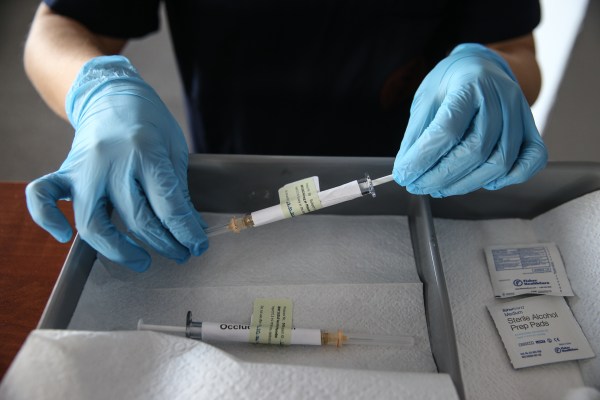
The COVID-19 vaccine developed by Pfizer and BioNTech now has less stringent and extreme transportation requirements than when it debuted. Originally, the mRNA-based vaccine had to be maintained at ultra-low temperatures throughout the transportation chain in order to remain viable — between -76°F and -112°F. New stability data collected by Pfizer and BioNTech, which has been submitted to the U.S. Food and Drug Administration (FDA) for review, allow it to be stored at temps between 5°F and -13°F — ranges available in standard medical freezers found in most clinics and care facilities.
The vaccine should remain stable for up to two weeks at that temperature, which vastly improves the flexibility of its options for transportation and last-mile storage in preparation for administration to patients. To date, the vaccine has relied largely on existing “cold-chain” infrastructure to be in place in order for it to be able to reach the areas where it’s being used to inoculate patients. That limitation hasn’t been in place for Moderna’s vaccine, which is stable at even higher, standard refrigerator temperatures for up to a month.
This development is just one example of how work continues on the vaccines that are already being deployed under emergency approvals by health regulators across the U.S. and elsewhere in the world. Pfizer and BioNTech say they’re working on bringing those storage temp requirements down even further, so they could potentially approach the standard set by the Moderna jab.
Taken together with another fresh development, study results from Israeli researchers that found just one shot of the ordinarily two-shot Pfizer-BioNTech vaccine could be as high as 85% effective on its own, this is a major development for global inoculation programs. The new requirements open up participation to a whole host of potential new players in supporting delivery and distribution — including ride-hailing and on-demand delivery players with large networks like Amazon, which has offered President Biden’s administration its support, and Uber, which is already teamed up with Moderna on vaccine education programs.
This also opens the door for participation from a range of startups and smaller companies in both the logistics and the care delivery space that don’t have the scale or the specialized equipment to be able to offer extreme “cold-chain” storage. Technical barriers have been a blocker for some who have been looking for ways to assist, but lacked the necessary hardware and expertise to do so effectively.





































